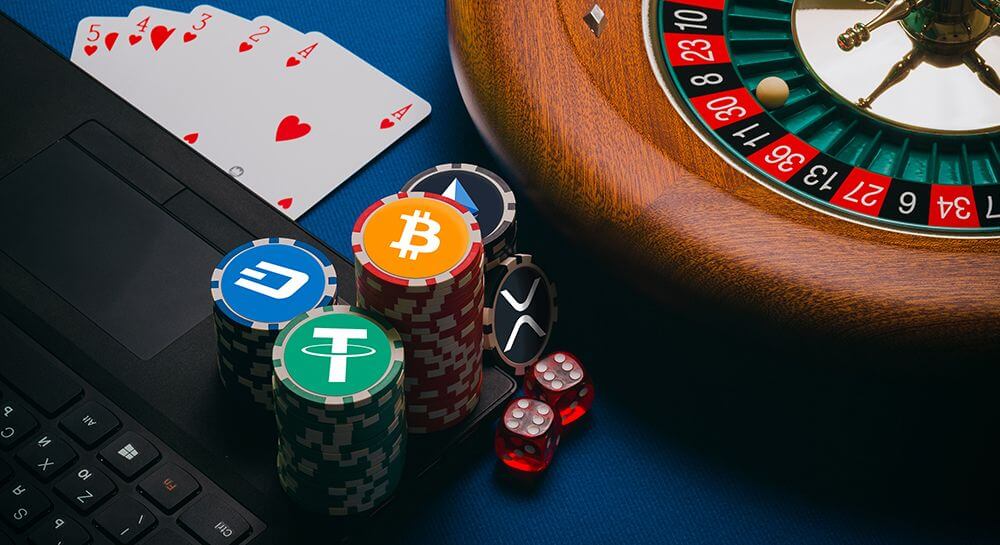FinTelegram analyzes the Dream Finance/CoinsPaid network—an Austrian-led, Baltic-based cryptocurrency processor whose polished public relations disguise a complex web of gambling affiliations, Russian investments, and whistleblower allegations of extensive money laundering. However, the underlying narrative tells a different story.
SoftSwiss and its associated entities, including CoinsPaid, AlphaPo, Merkeleon, and Dream Finance, are no strangers to allegations of money laundering, sanction evasion, and fraudulent activities. Key individuals, such as Ivan Montik, Max Krupyshev, Pavel Kashuba, Dmitry Yaikov, Roland Yakovlevich Isaev, and Paata Gamgoneishvili, are at the center of these controversies.
5 KEY POINTS
- High-Risk Facade – CoinsPaid and its sister brand CryptoProcessing are simply names; the actual operations are based in Estonia (Dream Finance OÜ), Lithuania (Dream Finance UAB), and Poland (Dream Payments Sp. z o.o.).
- Prominent Figures – CEO Max Krupyshev, a Ukrainian national residing in Germany, shapes the public image, while co-founder Ivan Montik manages the financial aspects.
- Gambling Roots – Montik is also the founder of SoftSwiss, a significant i-gaming platform reportedly influenced by Russian investors.
- Reputation Management Strategy – Success stories are disseminated through coordinated press releases—a typical “announce-then-repeat” tactic to overshadow risk indicators.
- Insider Warning – A former manager claims the organization is “used for extensive money laundering,” yet regulatory bodies remain largely unresponsive.
SHORT NARRATIVE
CoinsPaid, heralded as Europe’s fastest-growing cryptocurrency payment gateway, operates on a tri-jurisdictional framework of shell companies known as “Dream Finance.” The company’s relentless PR efforts emphasize record transaction volumes and new merchant acquisitions, while downplaying its significant connections to the online gambling giant SoftSwiss, Russian capital, and an ownership structure designed for opacity. Beneath the celebratory announcements lies a framework crafted for regulatory evasion.
EXTENDED ANALYSIS
Legal & Licensing Shortcomings
- Estonia and Lithuania offer crypto-asset service licenses with relatively lenient AML regulations; CoinsPaid exploits these “regtech-lite” jurisdictions while targeting higher-risk sectors (gambling, adult content, high-yield investments).
- Poland’s Dream Payments Sp. z o.o. provides an EU payments passport, yet records from the Polish KNF indicate minimal capital and a skeletal workforce—pointing to a pass-through entity.
Regulatory Oversights
- Ultimate Beneficial Ownership (UBO) filings list Montik, but the Russian investors behind SoftSwiss remain unnamed—a significant oversight given the current EU sanctions landscape.
- PR Shield serves as a subtle influence: repeated announcements in industry media create an illusion of legitimacy that can mislead compliance officers and journalists alike.
Operational Concerns
- Concentration Risk: The same technology platform (Merkeleon white-label) supports both gambling sites and “legitimate” merchants—obscuring the origins of transactions.
- Effective Control vs. Nominal Positions: While Krupyshev holds the CEO title, key strategic decisions reportedly require informal approval from Montik’s SoftSwiss board—an indicator of shadow governance.
ACTIONABLE INSIGHT
Regulators should conduct an immediate audit of the source of funds for Dream Finance entities and cross-reference CoinsPaid merchant transactions with SoftSwiss casino payouts. A swift joint review (involving Estonia, Lithuania, and Poland) could break down jurisdictional barriers and reveal potential sanction violations linked to concealed Russian interests.

